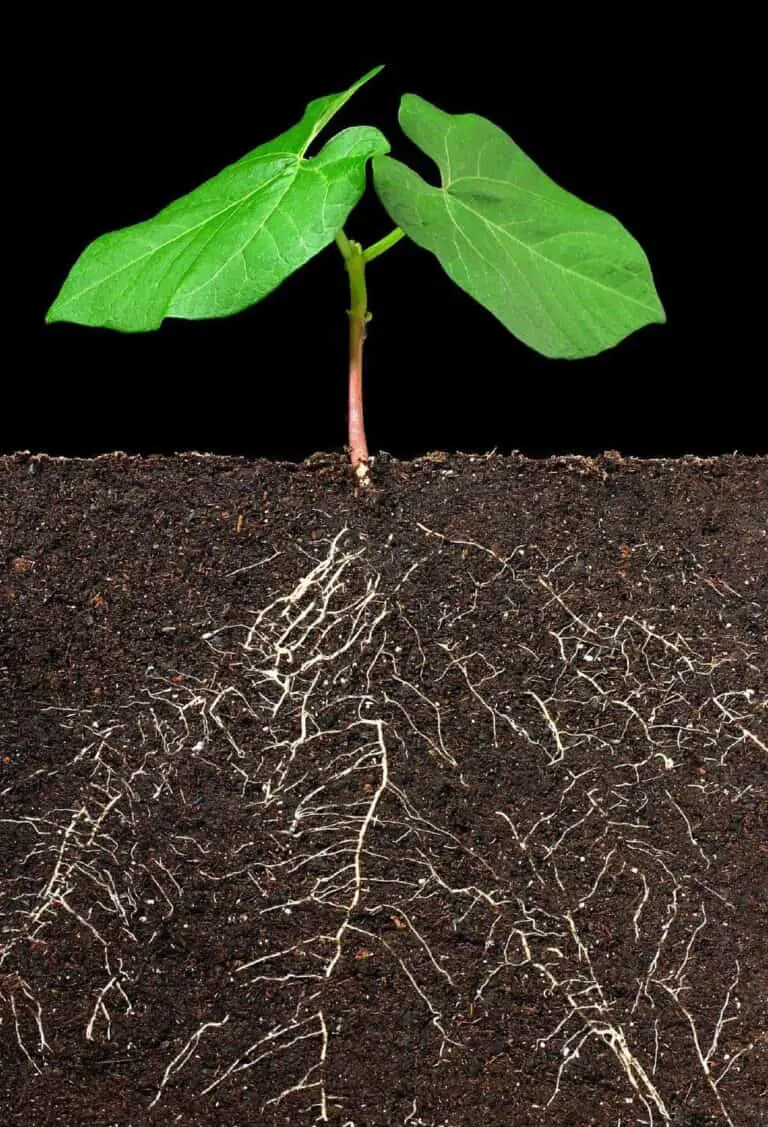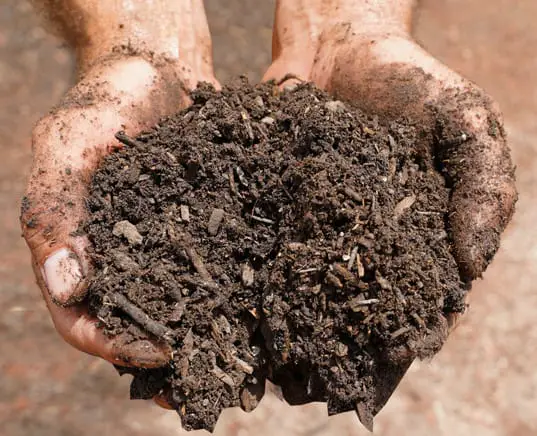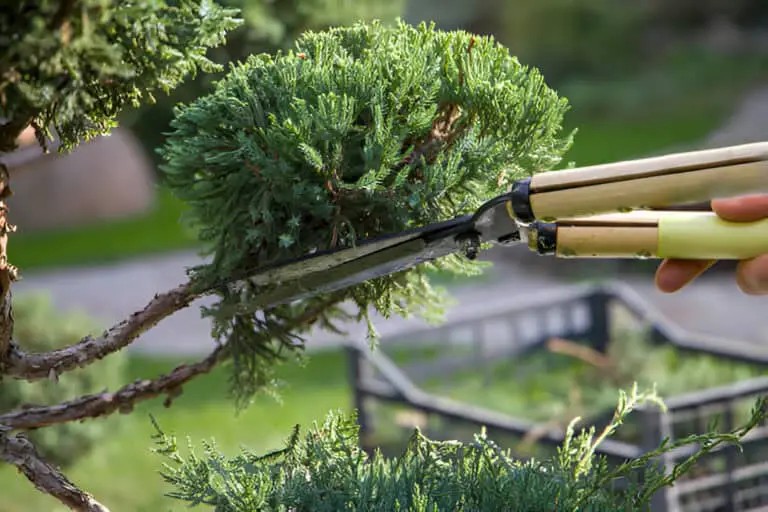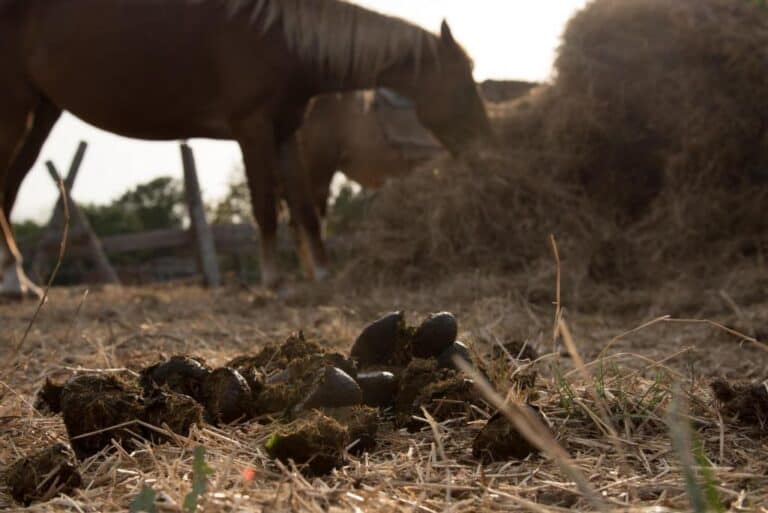Can I Use Fresh Cow Dung as Manure for Plants in My Garden?
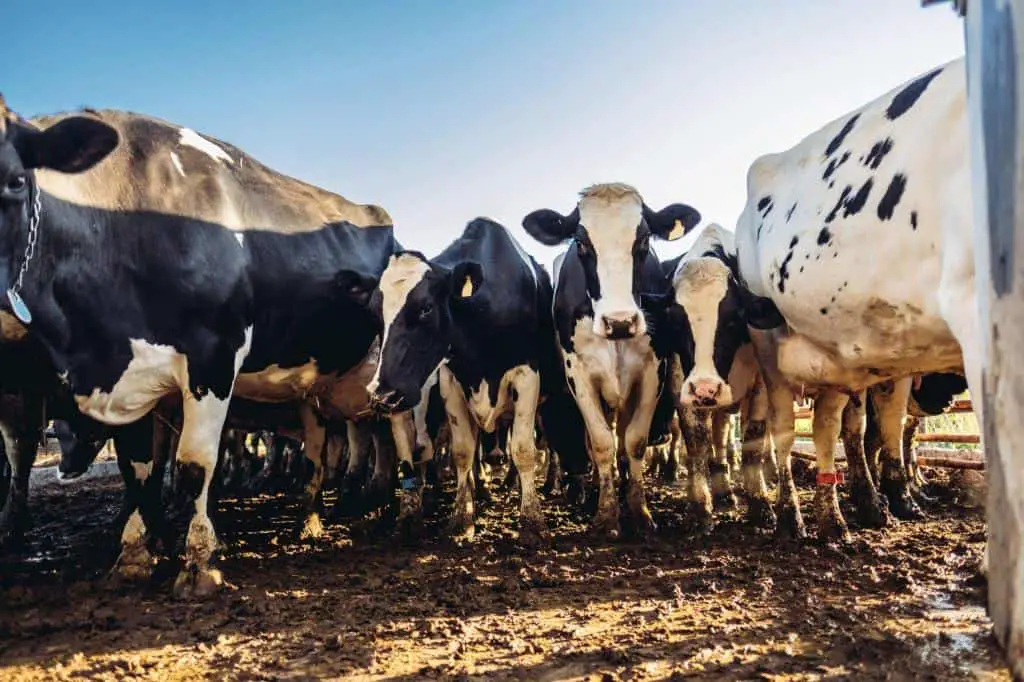
When it comes to nurturing a thriving garden, the choices you make about what goes into your soil can make all the difference. Picture this: a lush, green paradise teeming with vibrant flowers, robust vegetables, and happy, healthy plants. Imagine that this garden’s secret weapon is something as ordinary as cow dung. Yes, you read that right—cow dung!
But before you wrinkle your nose and dismiss the idea, consider this: for centuries, farmers and gardeners worldwide have relied on the age-old tradition of using fresh cow dung as a powerful fertilizer. It’s a practice steeped in tradition, but it’s not without its quirks and questions. So can you use fresh cow dung as manure for your plants in your garden?
There are pros and cons to using fresh cow dung in the garden. Fresh cow dung contains high levels of ammonia, which can be harmful to plants and may cause root burns and leaf damage.
In this article, we’re diving deep into the cow pasture to unearth the truth about using fresh cow dung as manure in your garden. We’ll explore the pros, cons, and everything in between, so you can decide if this natural approach is the missing piece to your gardening puzzle. Ready to get down and dirty with cow dung? Let’s dig in!
The Pros of Using Fresh Cow Dung as Manure
Cow dung has been a favored choice of fertilizer in agriculture for generations, and there are several good reasons for it:
1. Nutrient-Rich Composition
Cow dung is a rich source of essential nutrients that plants need to thrive. It contains nitrogen, phosphorus, and potassium (NPK), which are the primary macronutrients required for plant growth. Additionally, it contains micronutrients like calcium, magnesium, and sulfur, making it a well-rounded source of nutrition for your plants.
2. Organic and Environmentally Friendly
Using fresh cow dung as manure is an environmentally friendly choice. It’s organic and doesn’t contain synthetic chemicals that can harm the soil or ecosystem. When used responsibly, cow dung can help improve soil structure and fertility over time.
3. Cost-Effective
If you have access to cows or live in a rural area, fresh cow dung is an incredibly cost-effective option for fertilizing your garden. It’s readily available and usually doesn’t cost a dime.
4. Soil Improvement
Cow dung helps improve soil texture by increasing its water-holding capacity and aeration. It also encourages the growth of beneficial microorganisms in the soil, creating a healthier environment for your plants.
5. pH Balancing
Cow dung has a nearly neutral pH, which means it won’t significantly alter the pH of your soil. This makes it suitable for a wide range of plants, as most prefer slightly acidic to slightly alkaline soil conditions.
Now that we’ve covered the benefits, it’s important to understand that using fresh cow dung as manure comes with some potential drawbacks.
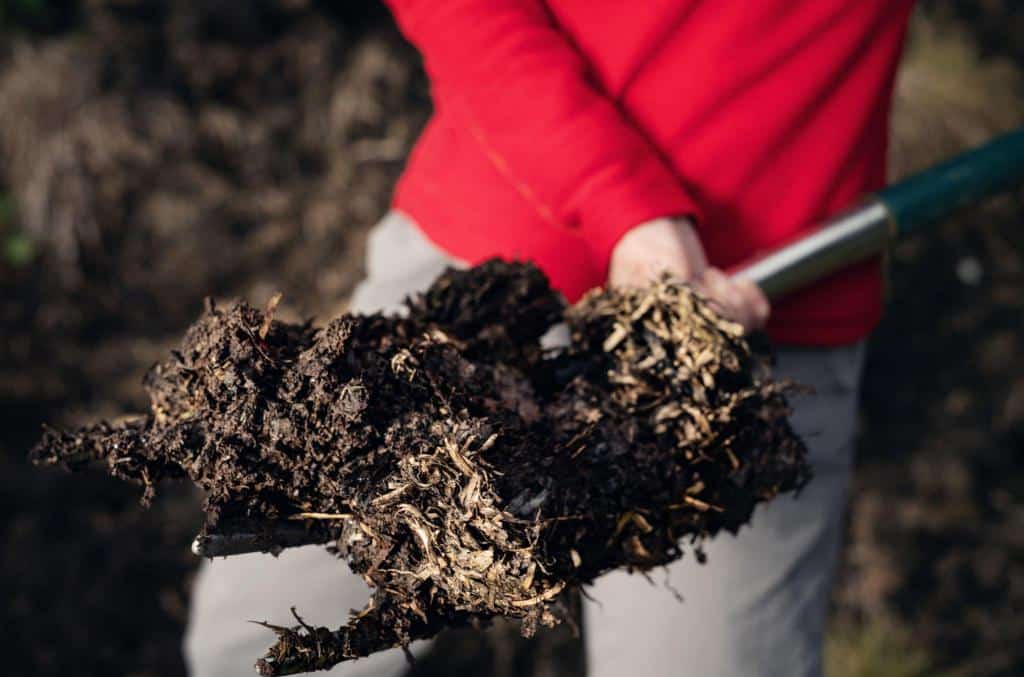
The Cons of Using Fresh Cow Dung as Manure
1. High-Level Ammonia
Fresh cow dung contains high levels of ammonia, which can be harmful to plants. You want to be extra carefull applying this manure may cause root burns and leaf damage.
2. Odor and Flies
One of the most noticeable downsides of using fresh cow dung is its distinct odor. It can be unpleasant for gardeners and neighbors alike. Additionally, cow dung attracts flies, which can be a nuisance in your garden.
3. Risk of Pathogens
Fresh cow dung may contain harmful pathogens, such as E. coli and salmonella, which can pose a health risk if not properly handled. It’s crucial to follow safety guidelines when using it and avoid applying it to edible parts of plants that will be consumed raw.
4. Nutrient Imbalance
While cow dung is nutrient-rich, it may not have an ideal balance of nutrients for all types of plants. Some plants may require specific nutrient ratios, and using cow dung alone may not meet those requirements.
5. Weeds and Seeds
Cow dung can contain weed seeds, which could lead to an increase in weed growth in your garden. These seeds can survive the digestive process of cows and end up in the dung.
5. Decomposition Time
Fresh cow dung takes time to break down and release its nutrients into the soil. This means that its effects may not be immediately noticeable, and you may need to wait a few weeks or even months to see the full benefits. Generally, it takes 3-6 months to wait for fresh cow dung before using it in your garden.
How to Use Fresh Cow Dung Effectively
If you decide to use fresh cow dung as manure in your garden, here are some tips to ensure you use it effectively:
- Composting: Composting fresh cow dung can help reduce its odor, kill pathogens, and break it down into a more stable form. Ensure that the compost reaches a temperature of at least 140°F (60°C) for several days to kill any harmful microorganisms.
- Dilution: To reduce the risk of nutrient imbalances and minimize the odor, dilute fresh cow dung with water before applying it to your garden. A 1:5 ratio of cow dung to water is a good starting point.
- Mixture: Mix cow manure with soil to lessen the high content of ammonia.
- Application Timing: Apply cow dung during the fall or early winter to give it time to decompose and release nutrients by spring, when your plants need them most.
- Avoid Edible Parts: As mentioned earlier, avoid applying fresh cow dung to the edible parts of plants that will be consumed raw, such as lettuce or strawberries. Use it primarily on non-edible parts or around fruit trees and shrubs.
- Rotate Manures: Don’t rely solely on cow dung. Consider rotating with other organic fertilizers or manures to ensure a balanced nutrient profile in your soil.
Is Fresh Cow Dung Right for Your Garden?
In conclusion, using fresh cow dung as manure in your garden can be a viable option if you handle it properly and are aware of its advantages and disadvantages. It’s nutrient-rich, organic, and cost-effective, but it comes with challenges like odor, pathogens, and the potential for weed seeds.
Before deciding, consider the specific needs of your plants and your tolerance for the drawbacks. If you have access to well-composted cow dung or can manage the composting process yourself, that may be a better option to mitigate the downsides.
Ultimately, the choice of whether to use fresh cow dung as manure for your garden depends on your circumstances, preferences, and commitment to responsible gardening practices. When used wisely, cow dung can contribute to the health and fertility of your garden soil, helping your plants flourish and thrive.
Summary Table: Pros and Cons of Using Fresh Cow Dung as Manure
| Pros | Cons |
| Nutrient-rich composition | Odor and flies |
| Organic and environmentally friendly | Risk of pathogens |
| Cost-effective | Nutrient imbalance |
| Soil improvement | Weeds and seeds |
| pH balancing | Decomposition time |
Please note that safety precautions, including proper composting and handling, should always be followed when using fresh cow dung as manure in your garden.
Remember, a successful garden is all about finding the right balance, and while fresh cow dung has its merits, it’s essential to consider all factors before making it a staple in your gardening routine. Happy gardening!
FAQs on Using Fresh Cow Dung as Manure for Garden Plants
Is it safe and effective to use cow manure in a vegetable garden?
Yes, it is safe and effective to use cow manure in a vegetable garden. You should decompose fresh cow dung and wait 3–6 months before applying it directly to your garden.
How should I store fresh cow dung before using it in my garden?
Store fresh cow dung in a well-ventilated area, away from direct sunlight. Keeping it covered can help minimize odors and prevent drying out.
Can I use fresh cow dung for all types of plants?
Fresh cow dung can be used for many plants, but some may be sensitive to its high nutrient content. Be cautious with young or sensitive plants.
What precautions should I take when using fresh cow dung in my garden?
Wear gloves and wash your hands thoroughly after handling. Avoid using fresh cow dung on edible parts of crops and apply it to the soil rather than directly on plants.
Are there eco-friendly alternatives to fresh cow dung as garden manure?
Yes, there are many organic and synthetic fertilizers available. Compost, aged cow dung, and various plant-based composts are good alternatives to consider.

